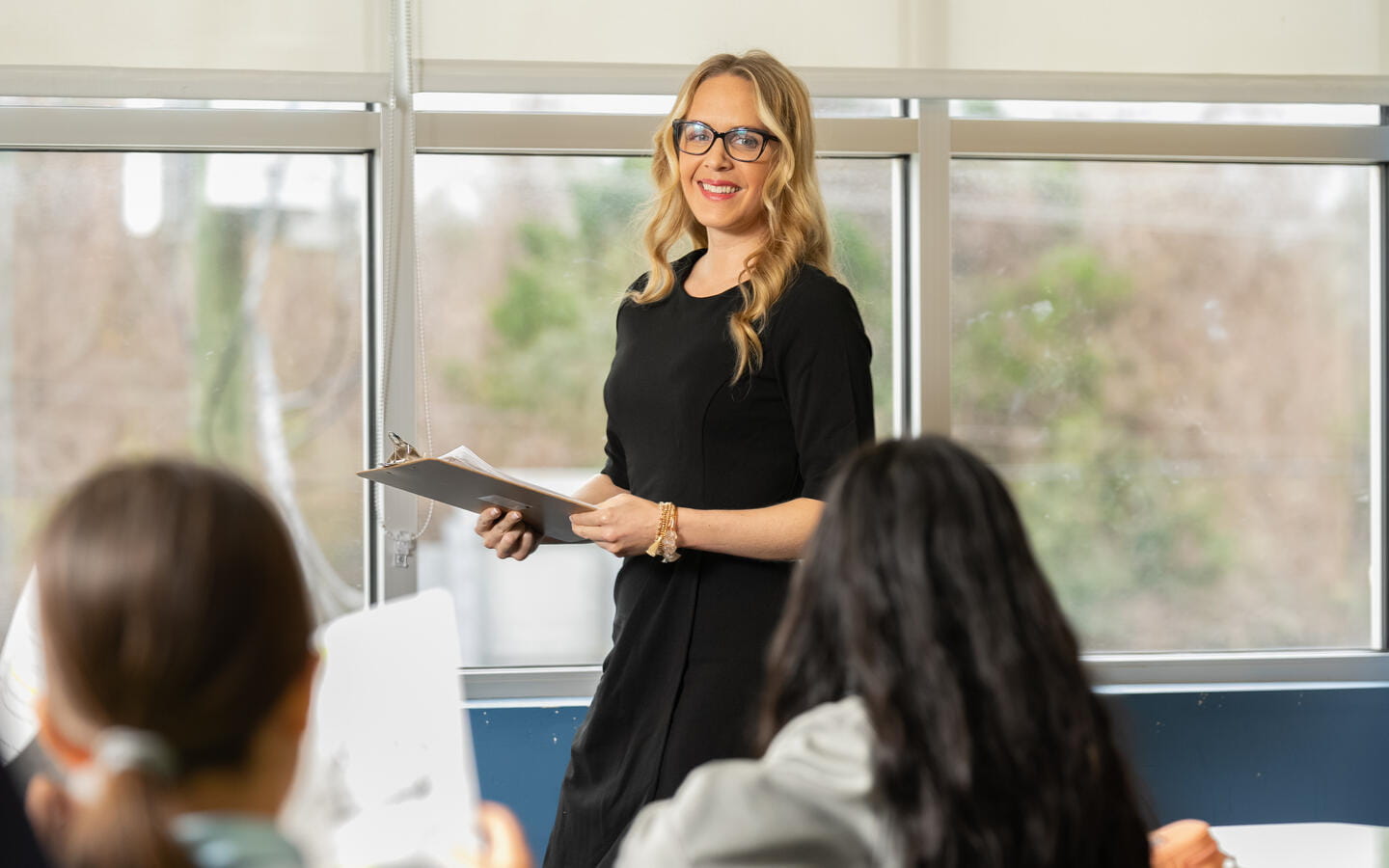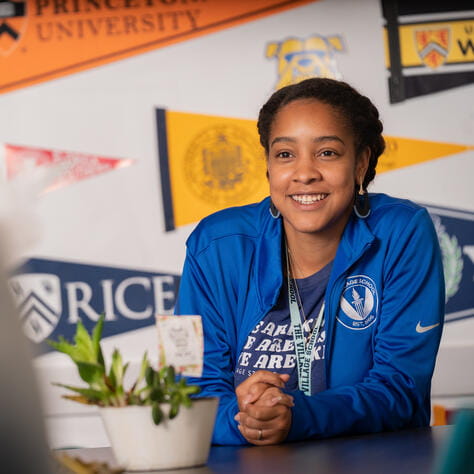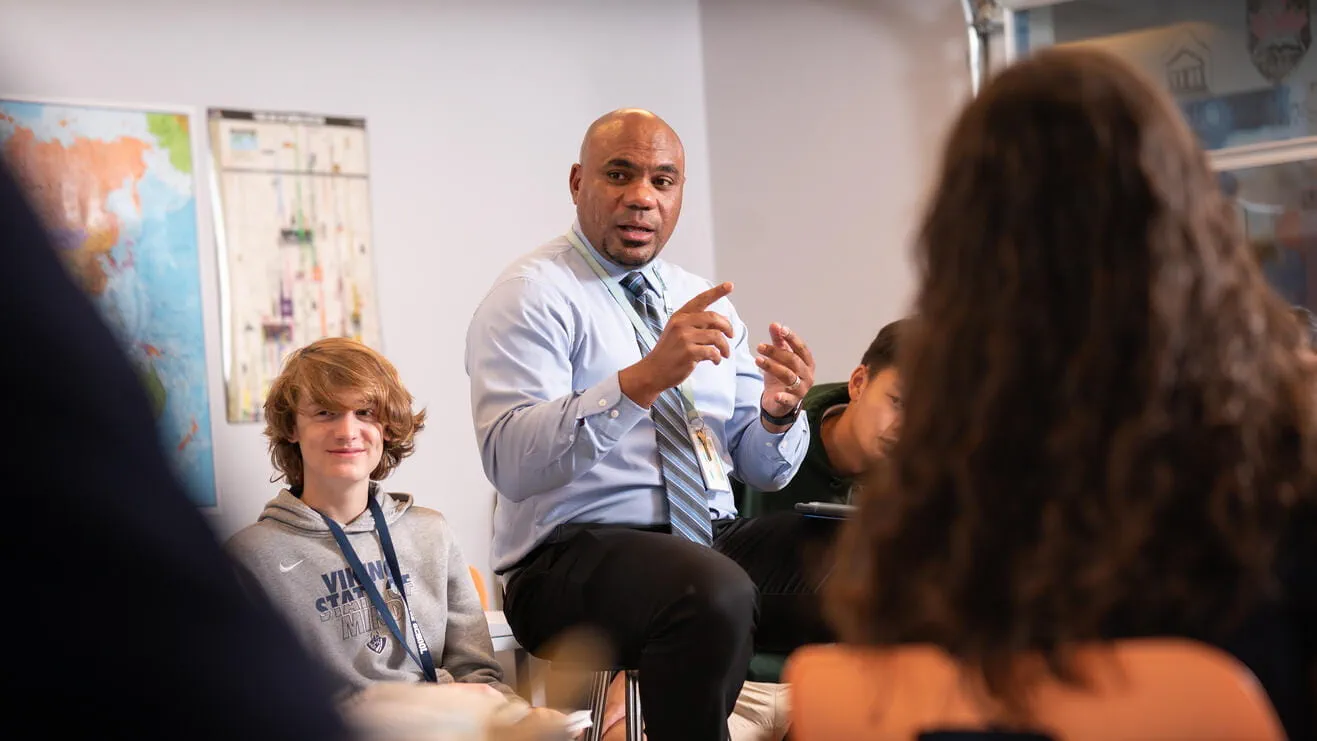We use cookies to improve your online experiences. To learn more and choose your cookies options, please refer to our cookie policy.
At Village, we know that every student is unique. Our teachers will nurture your child’s individual strengths, enabling them to achieve impressive qualifications and forge their own pathway to the world's best colleges.
OUR ACADEMIC EXCELLENCE.jpg?h=481&iar=0&w=1440&rev=07490b3d6edd4b739b51c80c708bee69&hash=5EB4503D6DDC024FD6CB9CB95D3B0B47)




